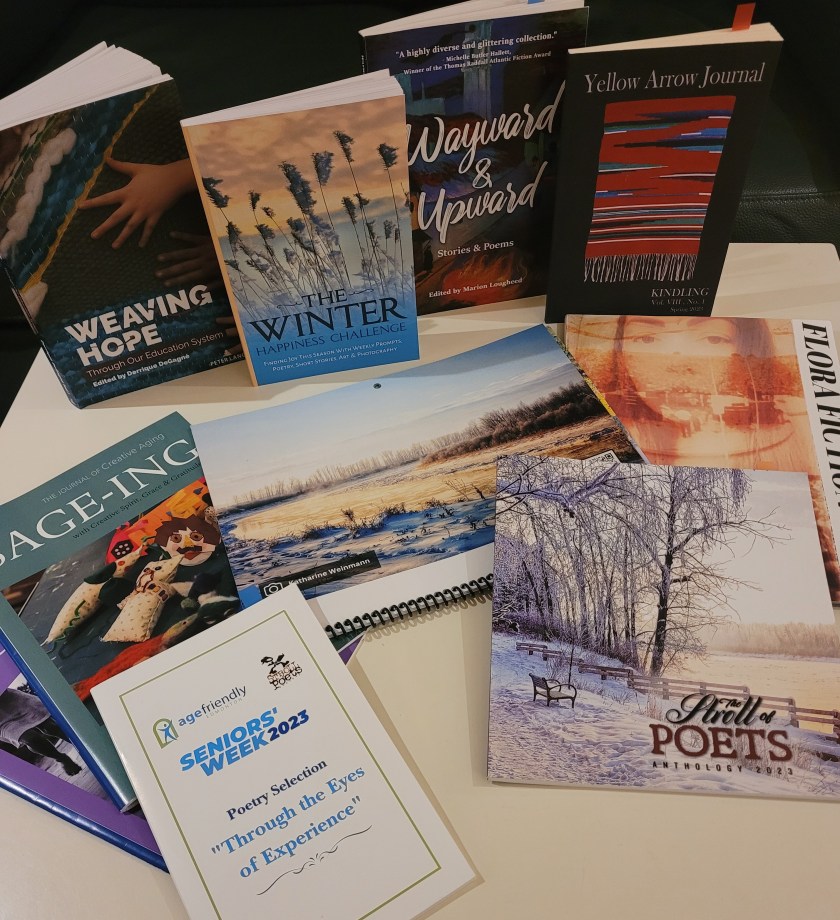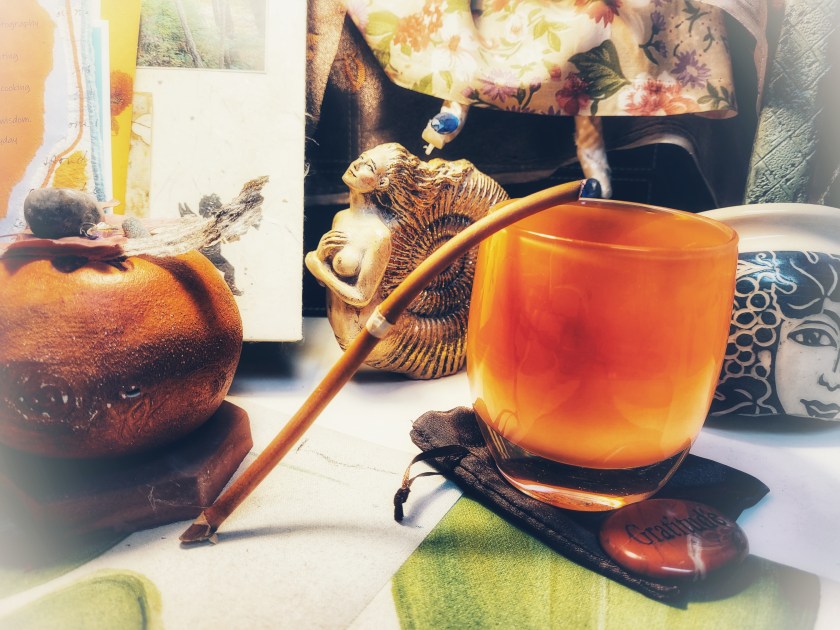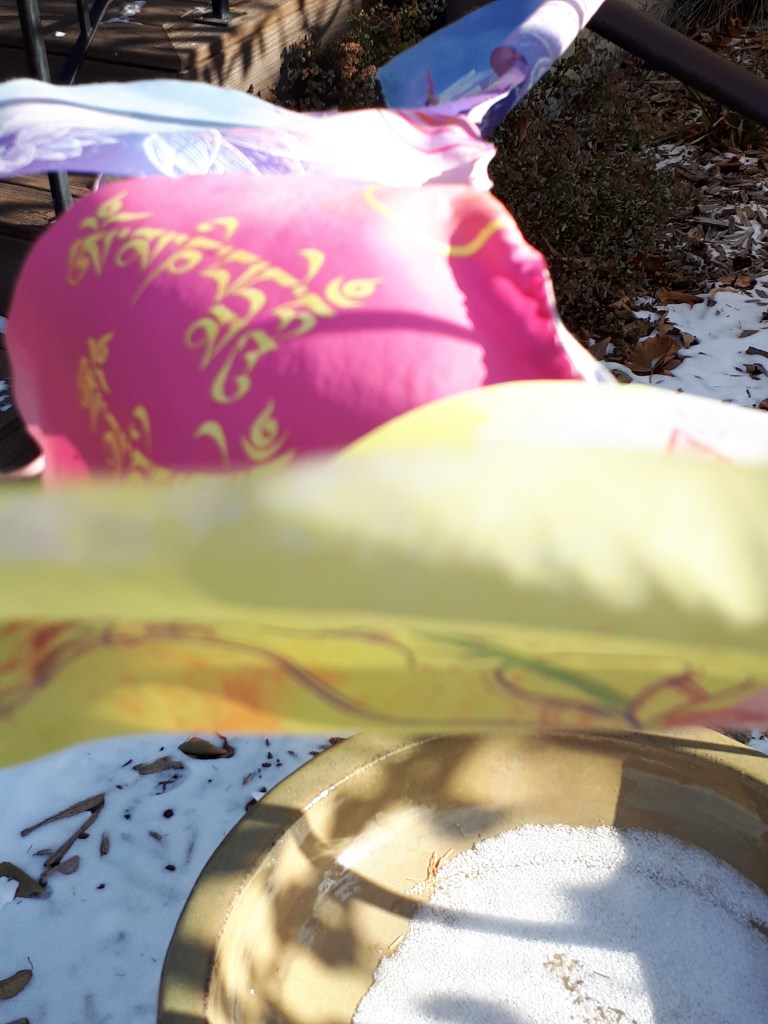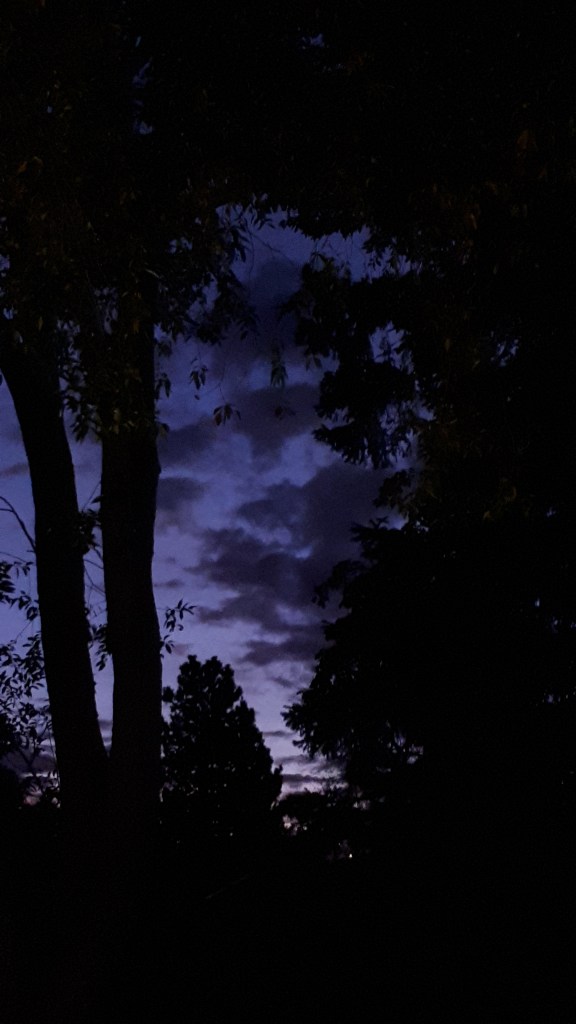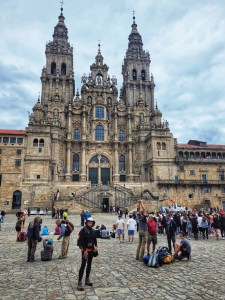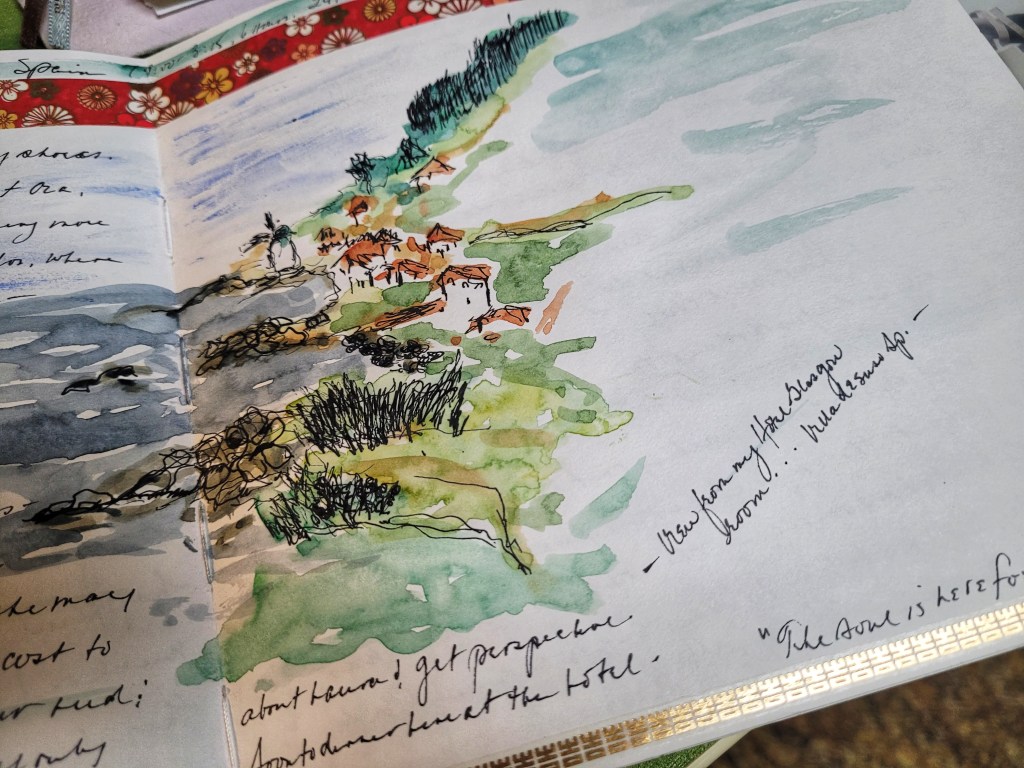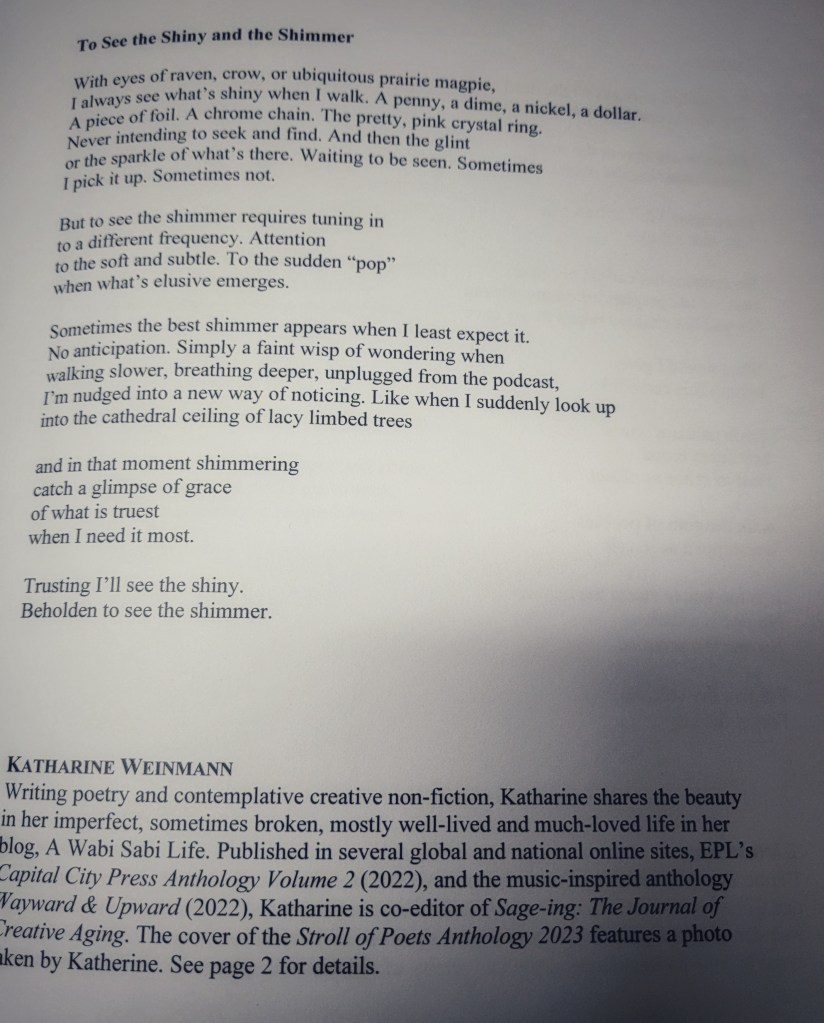
…to a world-weary empath
you can’t leave Earth yet
~ because I just flipped ahead about
a hundred pages in your story and I read
that someday you will be the reason someone else
doesn’t give up on their life
I’m sorry to spoil the end of your epic tale
~ but someday you will be the one who ignites
the blaze in another person’s heart that
won’t ever be put out again
don’t complicate the plot of your story
~ you are here to be lamplighter that hands out
little bits of your flame to ensure the rest
of the world doesn’t exist in darkness
I know you have been scorched so many times
~ to love the world is to sometimes be burned at
the stake by others who mistake your gift
of compassion as a personal weakness
I know it’s not easy to be a bringer of light
to those who have become addicted to shadows
~ but we need you to be a gardener of effervescent seeds
that you will perhaps never see grow into burning rosebushes
that can be seen from space
Oh, my love, don’t give into the calling despair
~ set your life on fire with kindness and watch how many
other people come out of their caves to sit by your
campfire heart to share their own stories of survival
Oh my love, you are my favorite element
~ john roedel ~
It’s Easter Sunday. Cold, with a skiff remaining of the crusty snow that blew in on Thursday, and sunny. We were treated by our friends to a quintessential Easter brunch: locally sourced smoked ham and scalloped potatoes, sauteed asparagus, hot cross buns, and bread pudding with maple syrup. While flowers remain hidden here, a solitary bird, perched high within the branches of the still-bare alder tree, serenaded both our coming and going. A “slow” meal, interspersed with watching the antics of their cats, and our always edifying conversations, with the window open feeling the gentle breeze and hearing the birdsong, I felt the day’s hopeful promise.
Now home, and after a nap (I’ve been plagued with early waking for the past few weeks – The recent full moon? An upcoming solar eclipse? Excitement with Tuesday’s trip? Editing? Anxiety anticipating the long-time-in–coming meeting with a friend on Good Friday, one that allowed us both to lay down our metaphoric load of disappointment and grief?), I turned down the furnace and opened wide the windows to invite in Spring’s energy to displace Winter’s. A bit of packing, tending to correspondence, and this blog, one held in the draft folder for a day when time is short, concentration spent.
John Roedel is a self-described “Facebook poet,” sharing his bittersweet, aimed straight-for-the-heart compositions, often in the form of a photo of a first draft scratched in pen on the lined page of his notebook. On the heels of today’s brunch conversation, one that weaved back and forth through life’s joys and despairs, this felt like the right one to post. Too, that it speaks to his “favorite element” fire, which is Aries and the astrological sign currently ruling our planet. Aries is my sign, too. Fire my element and dosha. And as a self-described “empath,” at times world-weary – the trifecta of reasons for sharing it with you, many of whom I suspect are, too, world-weary empaths.
So, take heart, dear ones. Continue to set your life on fire with kindness and know we’re all in exceptionally good company.
Much love and kindest regards.






